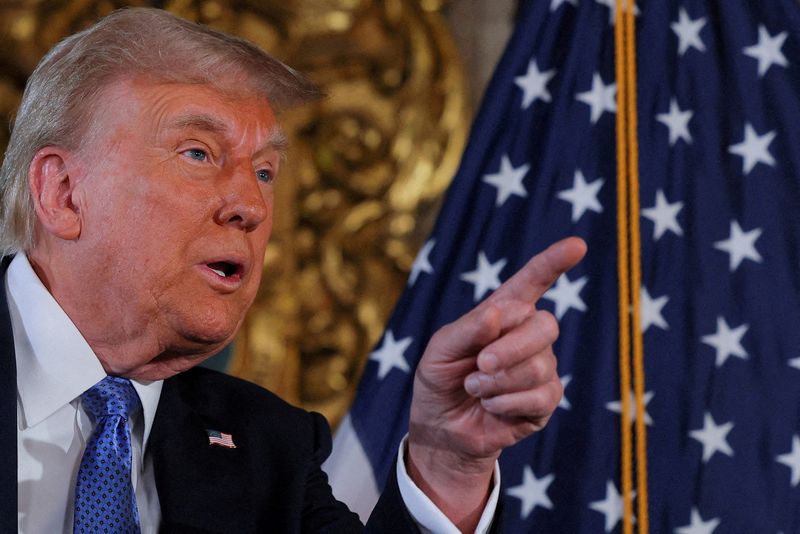Trump Seeks Debt Ceiling Extension: "I Don't Want to See Default"
The elected President of the United States, Donald Trump, drew attention to the necessity of extending the country's debt ceiling. Trump expressed that he expects Congress to take action on this issue, stating, "I just don't want to see a default. That's all I want."
The debt ceiling in the U.S. was suspended by Congress in 2023. However, the duration of this decision expires at the end of the year, and the Treasury Department has begun taking temporary measures to prevent the federal government from defaulting. These measures may allow for a deferral of default for a few more months. However, experts indicate that Congress needs to approve a bill regarding the debt ceiling by mid-year.
The debt ceiling process is at a critical juncture. Although the extraordinary measures taken by the Treasury Department may temporarily prevent default, it is noted that this situation is not sustainable. The failure of Congress to make a final decision on the debt ceiling could expose the U.S. economy to significant risks.
Economists emphasize that the failure to resolve the debt ceiling crisis could also lead to fluctuations in global financial markets. This situation could result in a downgrade of the U.S. credit rating and a decline in investor confidence.
European Union's protectionism warning Stephane Sejourne, the industrial leader of the European Union, noted that Europe should be prepared for protectionist trade policies that Donald Trump may implement during his second term. Sejourne stated in an interview with Bloomberg TV that the bloc could consider measures such as tariffs on U.S. imports and financial support for European businesses to defend its own sectors.
Sejourne highlighted the rising global trend of protectionism, stating, "Subsidies make our sectors uncompetitive. This issue needs to be addressed." He also expressed that it is time for Europe to adopt a more proactive policy to protect its economic interests.
Europe's period of complacency is ending Stephane Sejourne emphasized that Europe cannot afford to be complacent under current trade conditions. "This signifies the end of European complacency," said Sejourne, adding that Europe needs to adopt a more resilient stance against the protectionist policies of other countries.
As the European Union formulates its future trade policies, it will have to closely monitor potential protectionist steps by the U.S. during Trump's administration. This situation may require Europe to develop new strategies to enhance its economic competitiveness.


